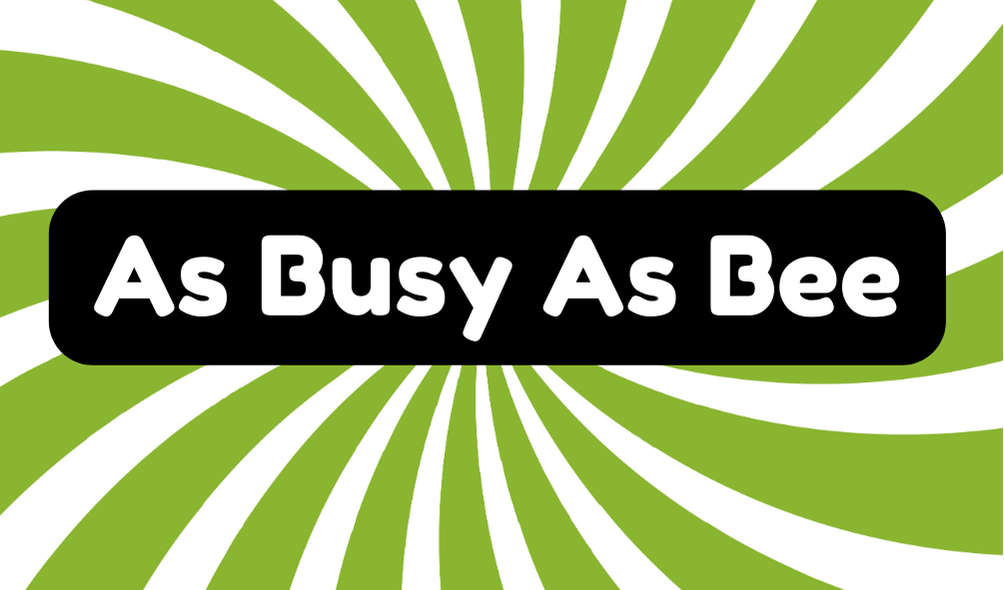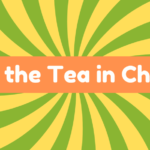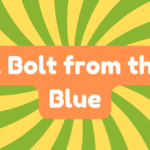The phrase "as busy as a bee" refers to an industrious state, where individuals juggle multiple tasks, often to a stressful degree. Its origin traces back to the 1300s and highlights the hard-working nature of bees, particularly appearing in Geoffrey Chaucer's works. While it captures the essence of busyness, this mentality can lead to burnout. Understanding this expression invites introspection about productivity's true value in modern life, prompting questions worth exploring further.
Synonyms
When examining the phrase "as busy as a bee," it becomes apparent that this idiom is often understood as synonymous with being very busy or hardworking. However, in today's fast-paced world, one might question whether this characteristic truly reflects productive working habits or merely hectic busy lifestyles.
- Constantly juggling tasks
- Engaging in multiple projects simultaneously
- Effortlessly meeting deadlines
Ultimately, while the notion captures industriousness, it can overshadow the need for balance and mindfulness in one's endeavors. Hardworking habits should ideally align with intentional productivity, rather than an endless, dizzying whirl of activity that leaves little room for reflection.
Example of Sentences
The phrase "as busy as a bee" illustrates a common phenomenon in today's hustle-driven culture, where individuals often boast about their packed schedules. Such descriptions not only reflect activity but also highlight how society values busyness, sometimes to an unhealthy extent.
- A project manager, as busy as a bee, juggles multiple deadlines.
- Students, as busy as bees, rush to finish group assignments.
- A parent, as busy as a bee, manages school pickups and extracurricular activities.
These sentence variations reveal diverse context applications, emphasizing the need for balance amid constant hustle while questioning whether such busyness truly equates to productivity.
Origin
Originating from the observation of bees' industrious nature, the phrase "as busy as a bee" reflects a longstanding societal fascination with hard work and productivity. This idiom's evolution dates back to at least the 1300s, as seen in Geoffrey Chaucer's "The Canterbury Tales". Bees epitomize productivity, symbolizing diligence and teamwork while collecting nectar. Despite its gentle connotation, this phrase warrants scrutiny; it underscores a relentless work culture that often prioritizes busyness over effectiveness. Further reflection on bees can lead one to question whether constant activity truly equates to productivity, suggesting a need for reevaluation in both language and life.
Collocations
Building on the rich historical context of the phrase "as busy as a bee," it becomes important to examine its collocations, which are words and phrases that commonly pair with it. Effective time management and busy schedules often define modern life, reflecting the need for balance amidst chaos. Such collocations evoke vivid imagery:
- Meetings stacked like honeycombs, waiting to be filled
- Tasks buzzing around like bees in a hive
- Deadlines approaching as swiftly as a summer breeze
These pairings highlight how society's relentless pace sometimes obscures the importance of mindful engagement, challenging individuals to evaluate their priorities amid the hustle.
How to Use in Everyday Language
Using the phrase "as busy as a bee" in everyday conversation can effectively convey the intensity of one's schedule or workload, but caution is warranted. While it serves as a vivid description, overusing this idiom in diverse everyday situations may diminish its impact. In professional settings, opting for varied conversational phrases can enhance communication and avoid sounding cliché. It's crucial to assess the context and the people involved, as the phrase may trivialize significant responsibilities. By strategically incorporating it, one can maintain engagement and express the true essence of busyness without succumbing to the pitfalls of repetition.
Why Is It Still Relevant Today?
Despite the rapid pace of modern life, the phrase "as busy as a bee" retains its relevance in today's society, illustrating a universal truth about human experience. Its importance today lies in the cultural significance it embodies—the relentless pursuit of productivity. In a world increasingly defined by hustle culture, this phrase resonates, reminding individuals of the need for balance. However, the glorification of constant busyness can lead to burnout and disengagement. As society evolves, it is essential to reflect on whether being "busy as a bee" truly equates to fulfillment, prompting critical discussions on productivity's real value in contemporary life.







